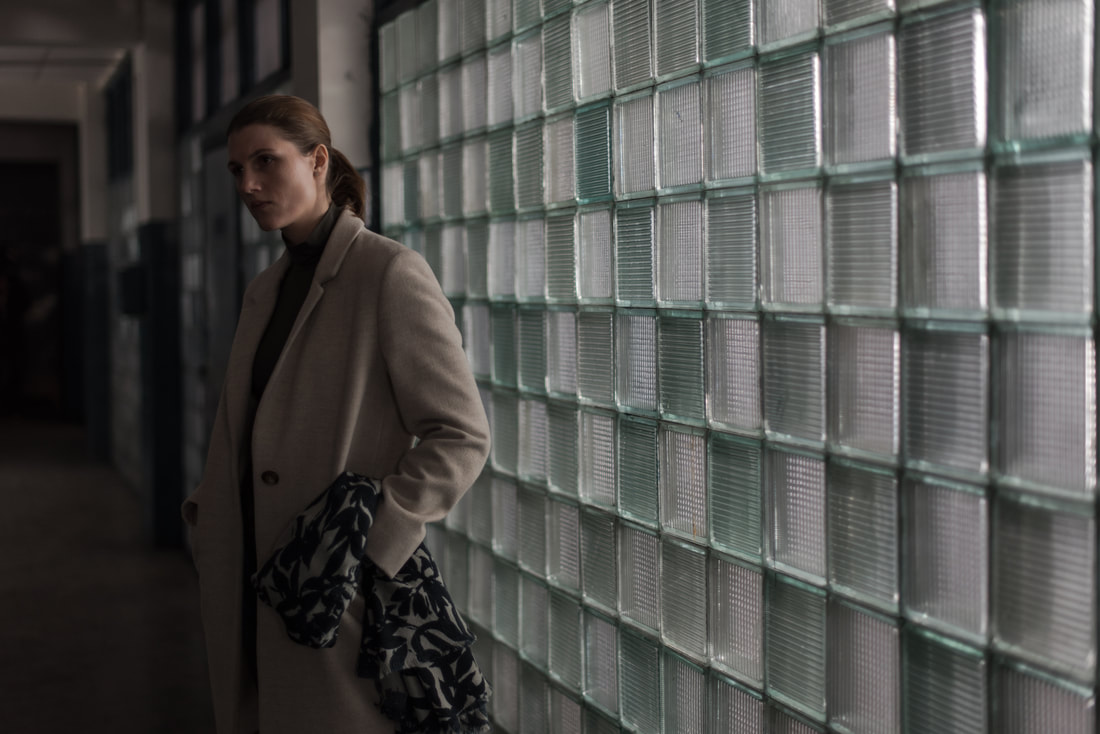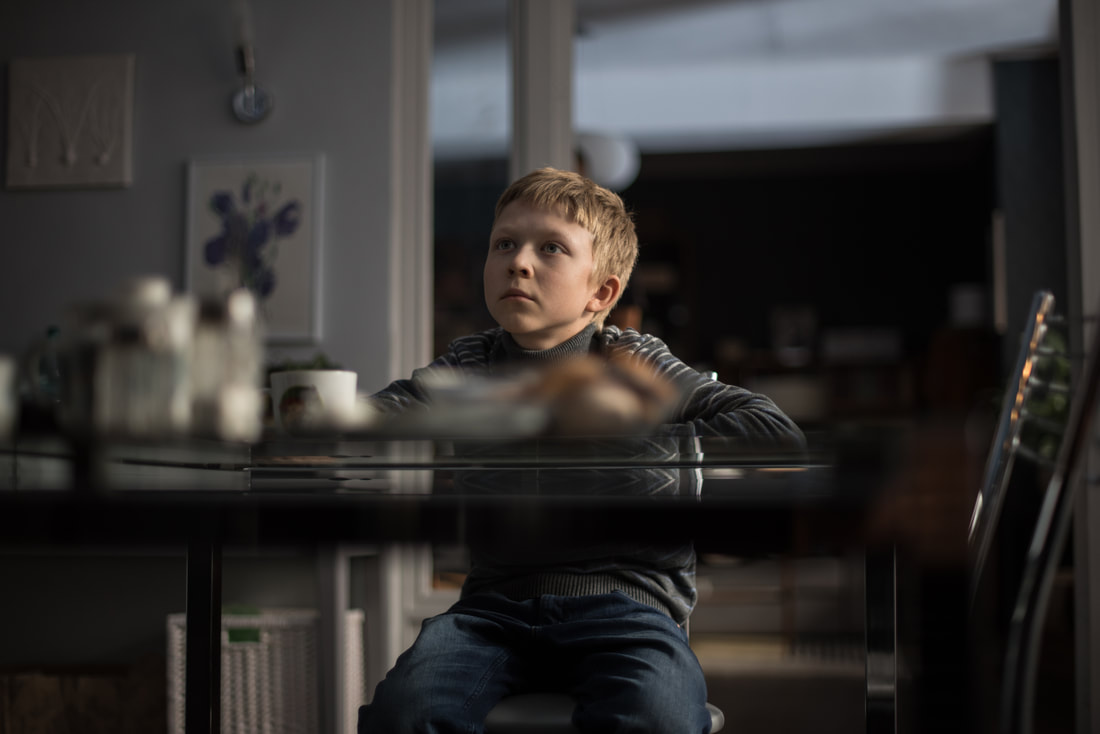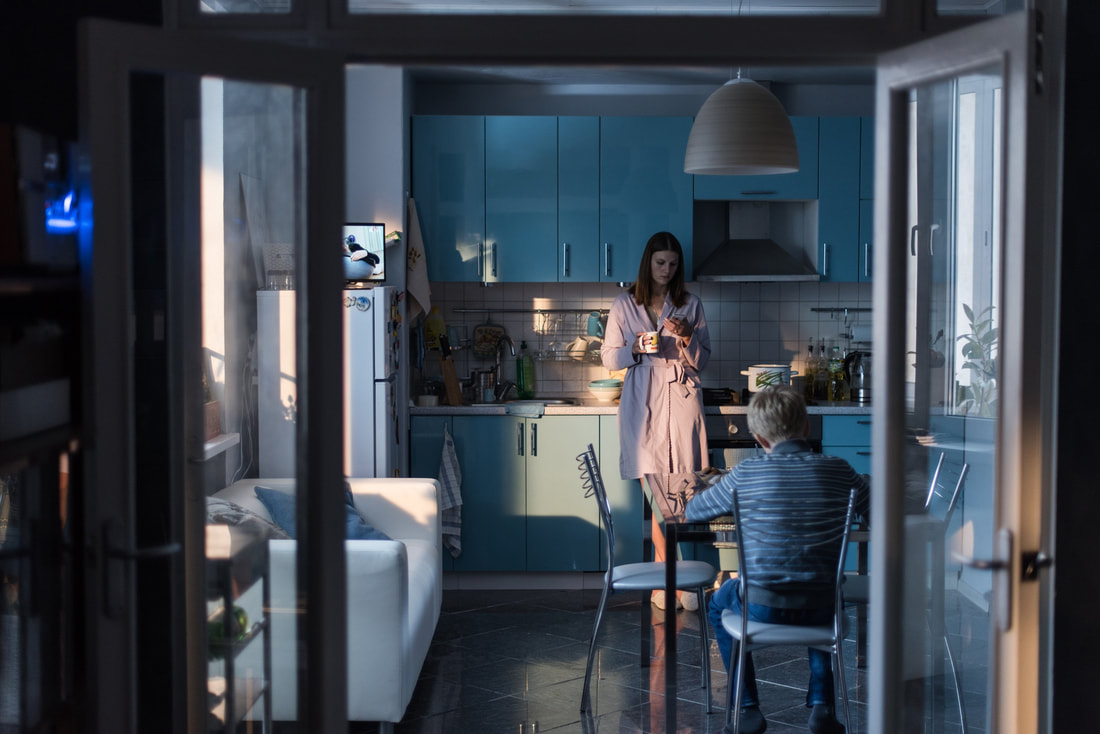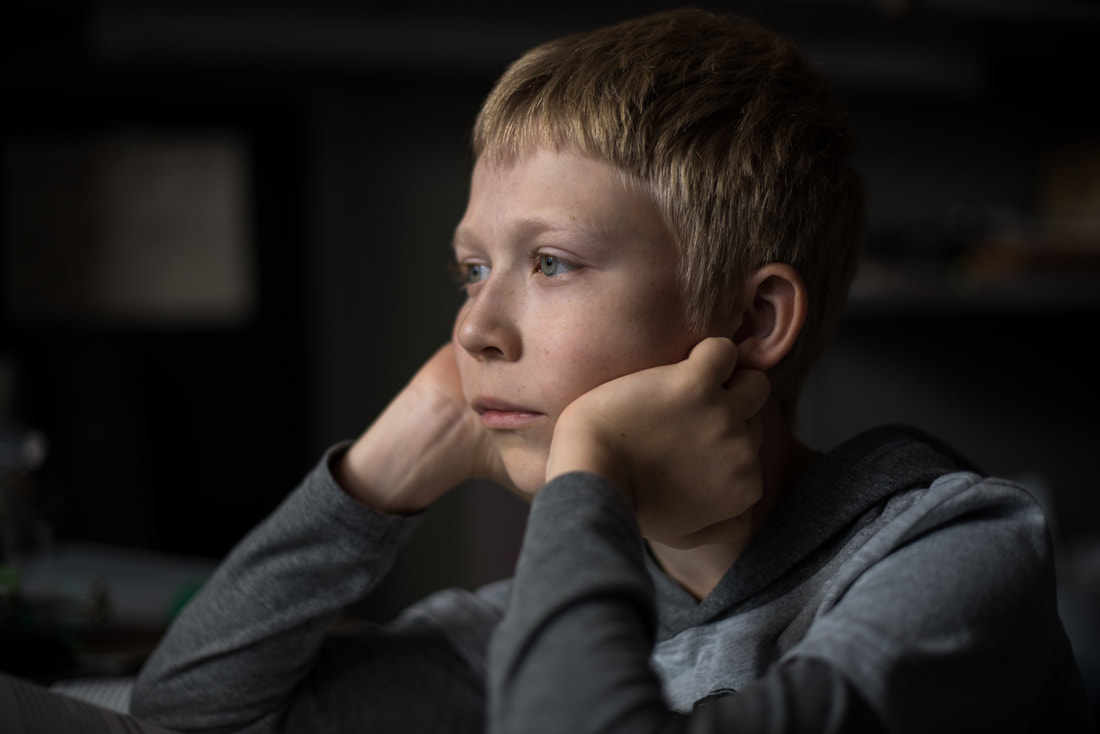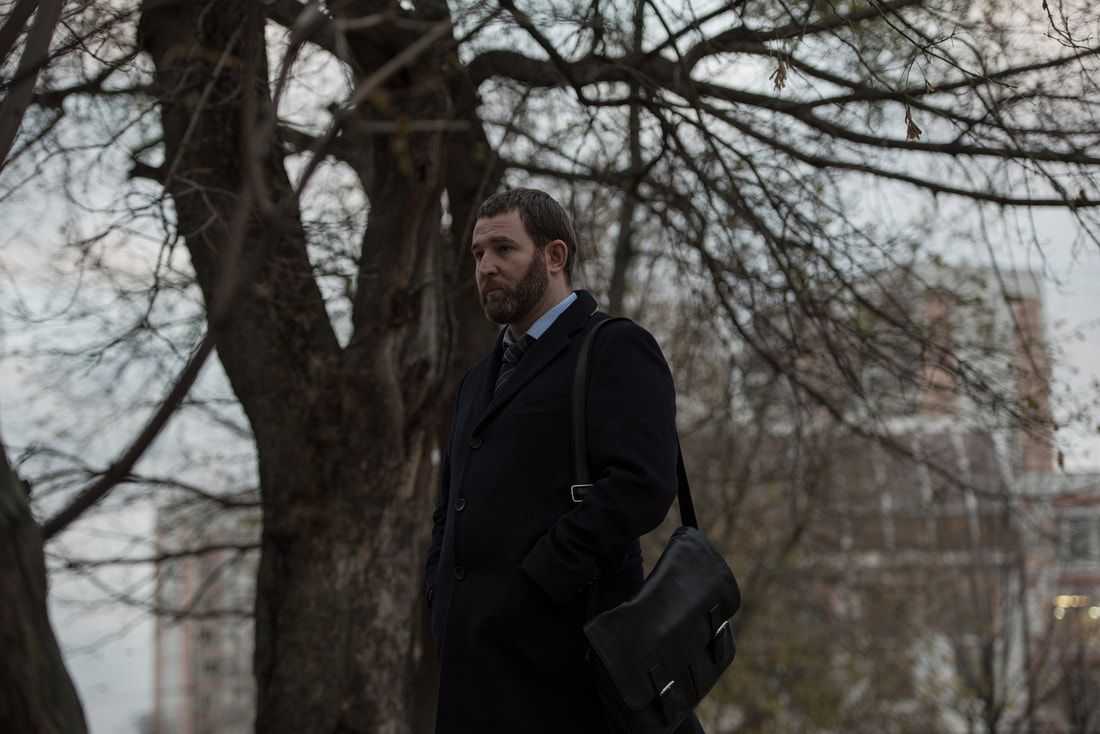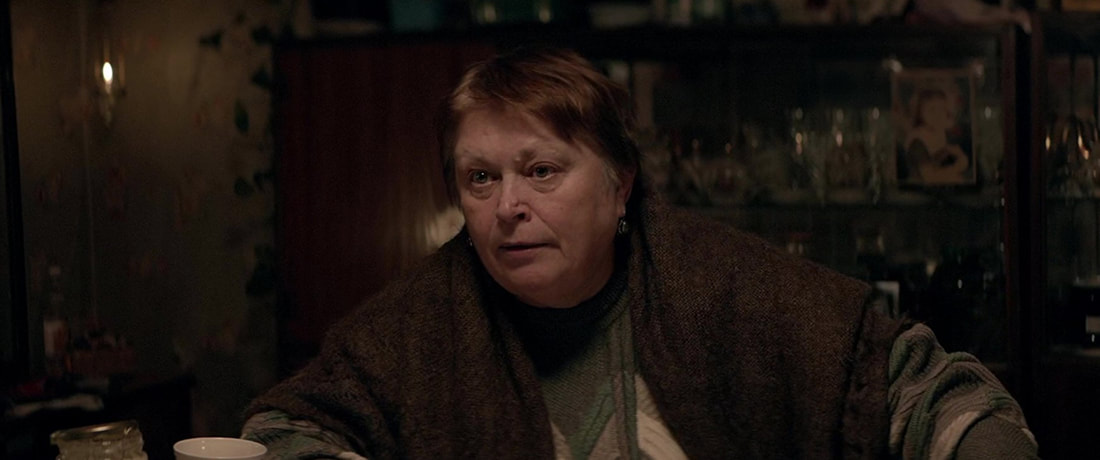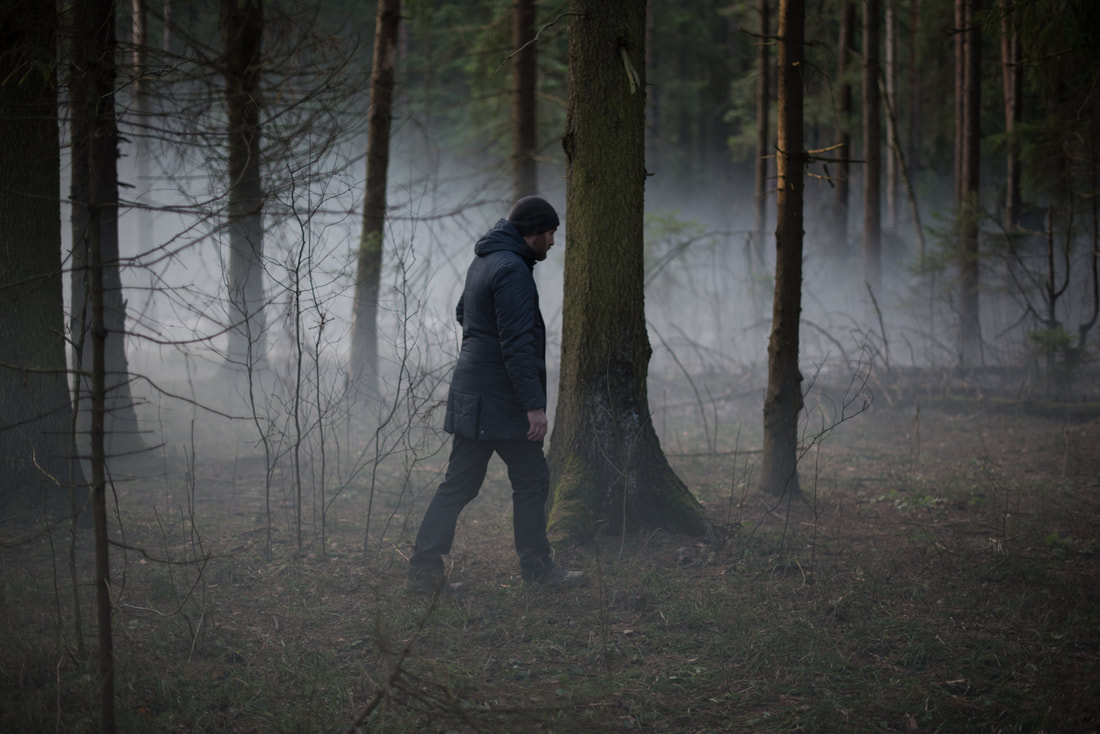|
★★★★½
27 November 2017
A movie review of LOVELESS. |
“Do you think the world is about to end?” Boris (Aleksey Rozin)
Atmospheric. Gripping. Charged. Deeply despondent. Five for five from director Andrey Zvyagintsev, who must now be considered in the top tier of directors working today. His films are a coruscating analysis of Russian society. Michael Haneke has done it for Austria. Jafar Panahi for Iran. Ken Loach the U.K. Every country needs a Zvyagintsev/Haneke/Panahi/Loach. True patriotism, like any genuine love, is not about blind devotion, but wanting the object of your affection to be the best it can be. To reflect on your community without veering into kitchen sink dramas, and instead delivering heightened, compelling cinema is a skill.
Atmospheric. Gripping. Charged. Deeply despondent. Five for five from director Andrey Zvyagintsev, who must now be considered in the top tier of directors working today. His films are a coruscating analysis of Russian society. Michael Haneke has done it for Austria. Jafar Panahi for Iran. Ken Loach the U.K. Every country needs a Zvyagintsev/Haneke/Panahi/Loach. True patriotism, like any genuine love, is not about blind devotion, but wanting the object of your affection to be the best it can be. To reflect on your community without veering into kitchen sink dramas, and instead delivering heightened, compelling cinema is a skill.
Opening on a peaceful park, relaxing the audience before the dramatic fireworks kicks-off. Covered in snow, there is beauty but also foreboding. Surrounding the space are tower blocks. Jumping to autumn and a particular apartment, Zhenya (Maryana Spivak) and Boris are getting divorced. The flat is in the process of being sold.
Both already are moved onto other partners. Zhenya and Boris have a 12-year old son together. LOVELESS is the opposite of KRAMER VS KRAMER, neither parent wants custody. They talk of an orphanage, boarding school, the army. Alyosha (Matvey Novikov), in one of the scenes of the year, overhears their argument and silently bawls. Briefly captured, it is harrowingly seared into the mind. Alyosha runs away and goes missing. The runtime is devoted to the search, which is used as sociological dissection. LOVELESS is WHAT MAISIE KNEW without the relief.
Bar Alyosha, there are virtually no sympathetic characters. When we encounter Zhenya’s mother, we can see why she escaped into the arms of Boris. More films should talk about how bad parenting can cause offspring to look for salvation in romance, but are not emotionally equipped to wisely pick a partner. Zhenya was not loved as a child, and now the cycle continues with her son. She gleaned no lessons.
We also observe Boris learning nothing. His new girlfriend is already heavily pregnant. A selfish man, a bad father, and yet continues to procreate. His corporate employer is very religious, and frowns on divorce. Work place oppression signals a wider suffocation.
Tonally unusual, LOVELESS has a surprising carnal aspect, though there is unequal nudity – and in such cases suggests an exploitative film. A shame, as otherwise this would be a five star work. The ending is devastating. Karmic justice is evidenced, but not in a cathartic way. If everyone is living in hell, is the film asking for pity and not simplistic hate?
Using these Google Adsense links help us keep Filmaluation free for all film and arts lovers.


